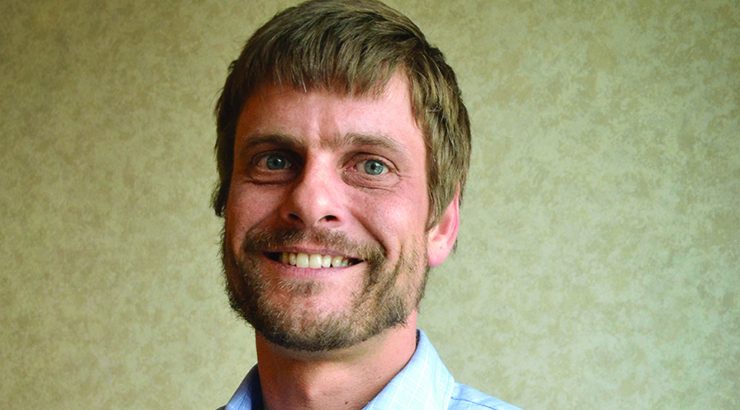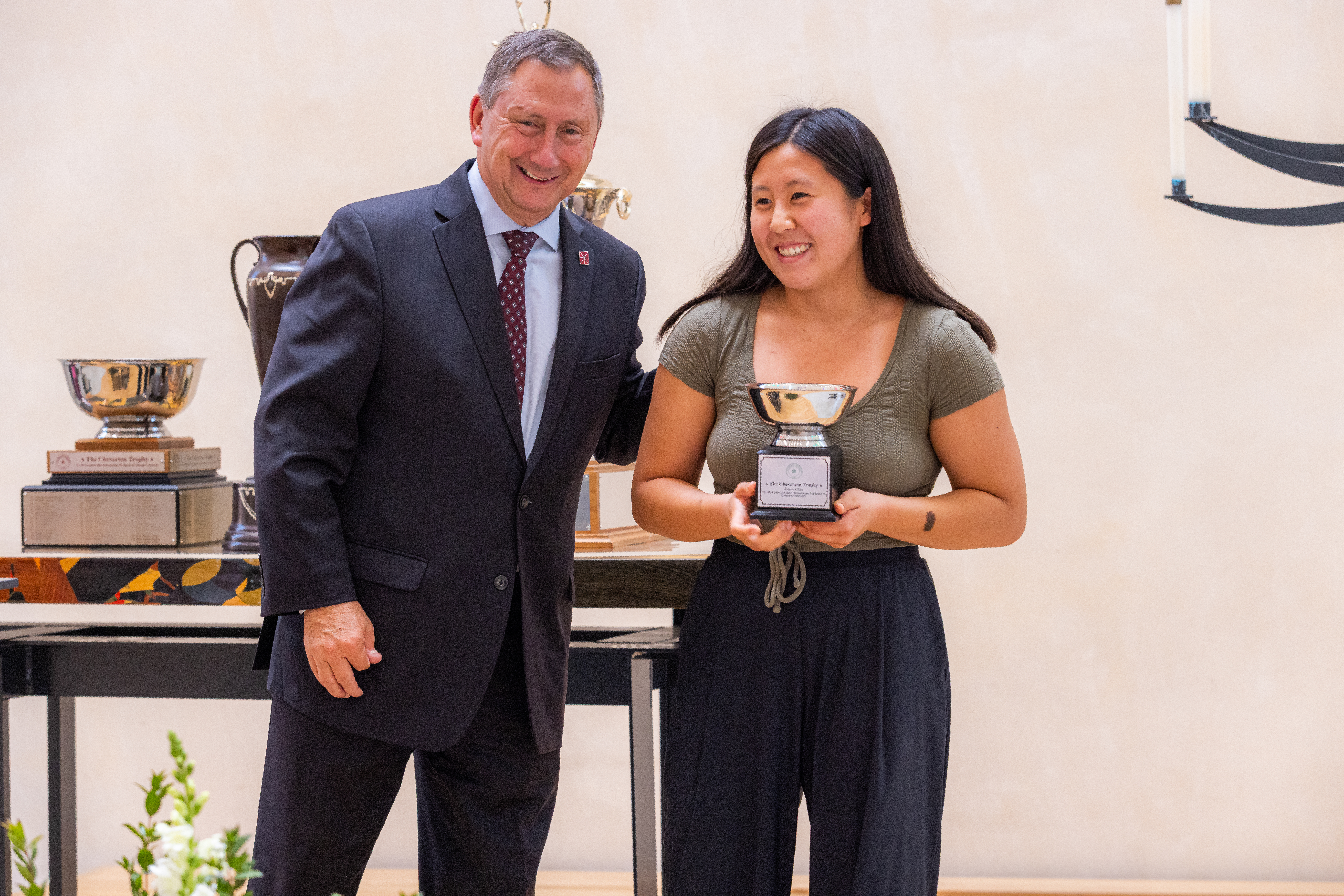Nicolai Bonne teaches virology, and after the coronavirus crisis first hit the news early in the spring semester, he started each class with a group discussion on the state of the pandemic.
“My students have really impressed me with how much they have been reading about this and how much they have thought about this topic,” says Bonne, assistant professor of chemistry in Chapman’s Schmid College of Science and Technology.
How has the spread of the pandemic affected the conversation in your class?
“At the start, before there were a lot of cases, the class had mixed opinions about whether we should be concerned about the virus. It has been interesting to hear how students’ opinions have changed as the pandemic continued to spread and the numbers changed. Students have also provided some comments on why this coronavirus is so virulent. If it was possible, I would have dedicated the entire semester to following COVID-19.”
What are your reflections on how information is being communicated to the general public about the coronavirus?
“The dissemination of updated information about total cases and death tolls has been very good. Institutions such as the Centers for Disease Control and Prevention (CDC) have been quick to provide regularly updated information. The communication of advice for protecting oneself from infection, and how to assess if one might be infected, has been clear and thorough. Overall, I do not think we could do any better than we have done in these aspects. However, some educational aspects could possibly be improved – for example, how to properly use a mask. Nicolai Bonne has been impressed with the response of students in his virology class and how public officials have disseminated information about the coronavirus outbreak.”
Are we likely to see pandemics recur more often going forward?
“I don’t think so. Pandemics are not predictable; they are random events that occur when a virus goes through a mutation that causes it to be more virulent than before, or allows the virus to cross a species barrier and be very virulent in the new species. There is no evidence to suggest that one pandemic causes new ones to occur more often.”
What steps should we take as a society to better prepare for the next one?
“We should maintain supplies of personal protective equipment to meet demand. We should develop guiding principles – or even legislation – for how to respond to an emerging pandemic, and how quickly we should start implementing measures such as social distancing and travel restrictions. We probably should have been quicker to limit international and domestic travel. Initially SARS-CoV-2 was an epidemic, limited to China. When the SARS-CoV-2 traveled to other places, it became a pandemic. Having guidelines on when we need to impose travel restrictions is probably one of the most useful ways to prepare for future pandemics.”
What has surprised you about this coronavirus?
“Not much, really. Viruses regularly cross from one species to another, as seems to be the case with SARS-CoV-2, and often become more virulent in the new species. I guess, in a way it is mysterious that the virus mainly has severe consequences for older age groups and not young ones. Also, it does seem that it takes a very low dose of SARS- CoV-2 to get infected – a much lower dose than other viruses with which we are familiar.”




